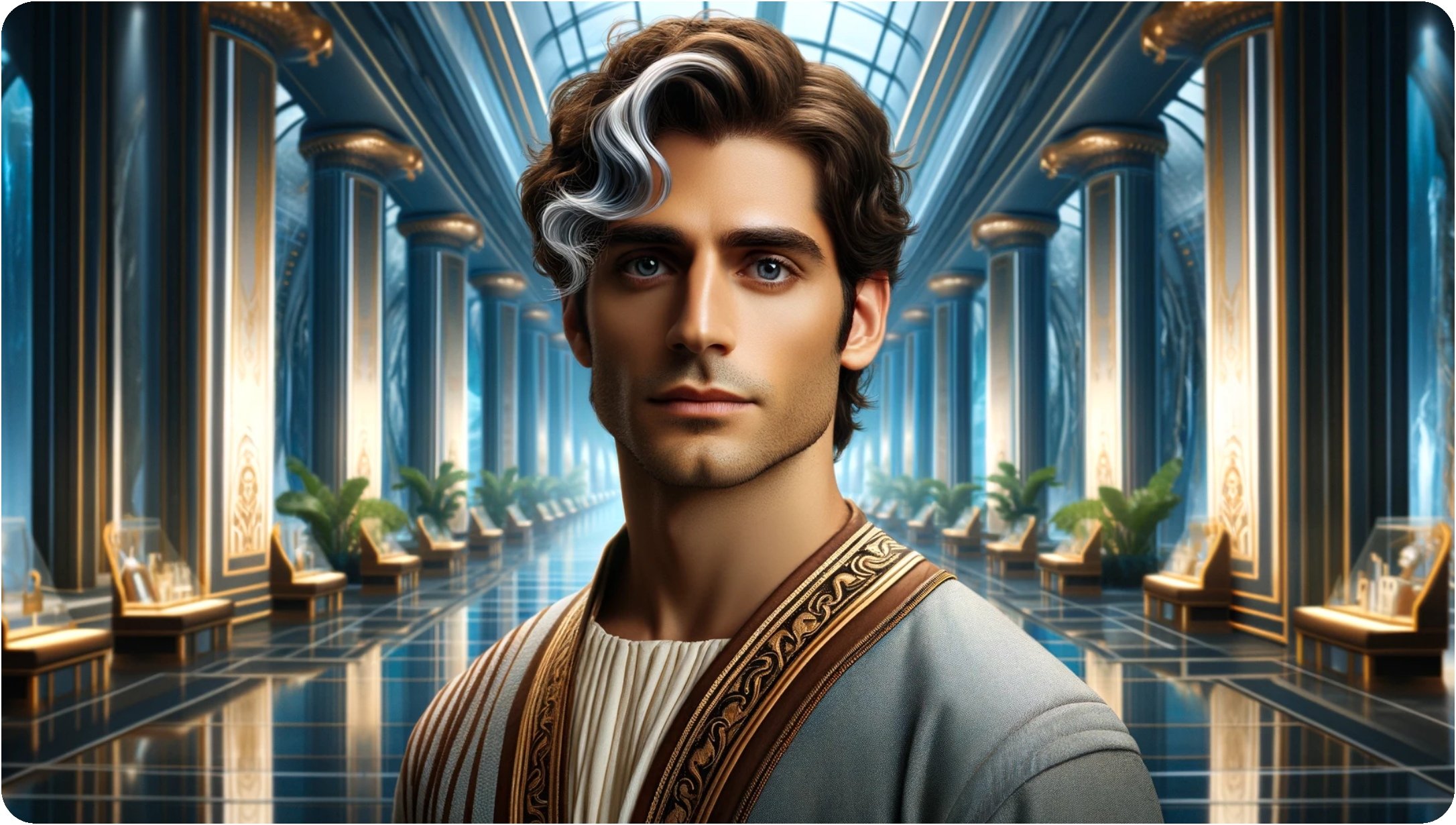The Quest For Atlantis
Through the ages, adventurous explorers have been sure Atlantis is real, so much so that they're willing to put their resources and sometimes their lives on the line to prove it. This fabled land said to have disappeared into the sea in a single day and night of misfortune, has inspired countless individuals to embark on quests to uncover its truths. Let us journey through the ages, highlighting key figures and expeditions shaping the ongoing search for Atlantis.
Early Speculations
Plato (428/427–348/347 BCE): Plato is credited with the origin of the Atlantis story. He described it as an antagonist naval power that besieged "Ancient Athens." According to Plato, Atlantis was located beyond the "Pillars of Hercules" and sank into the ocean "in a single day and night of misfortune." Despite the philosophical context of his accounts, Plato's detailed description sparked centuries of debate and exploration.
The Renaissance Renewal
Marsilio Ficino (1433–1499): Scholars like Ficino led the revival of Plato's works during the Renaissance, reigniting interest in Atlantis. Ficino translated Plato's dialogues into Latin, making the story of Atlantis accessible to the Western world and embedding it into the intellectual discourse of the time.
The Age of Exploration
Francis Bacon (1561–1626): In his utopian novel "New Atlantis" (1627), Bacon depicted a technologically advanced society on a hidden island in the Pacific Ocean. His work suggested that remnants of Atlantis could inspire societal progress, blending the myth with emerging scientific inquiry.
The Theosophical Connection
Madame Helena Blavatsky (1831–1891): A key figure in the spiritualist movement of the 19th century, Blavatsky mentioned Atlantis in her works, describing it as a spiritual center of ancient wisdom. Her writings on Atlantis as part of the "Root Races" theory contributed to the myth's endurance into modern esoteric beliefs.
Twentieth-Century Expeditions
Edgar Cayce (1877–1945): The American mystic Edgar Cayce provided some of Atlantis's most detailed and fantastical accounts. According to Cayce, Atlantis was a highly advanced civilization with technologies such as energy crystals. He predicted that parts of Atlantis would be found near the Bahamas, spurring numerous expeditions to the Bimini region.
Charles Berlitz (1914–2003): Grandson of the founder of the Berlitz language schools, Charles Berlitz was a prolific writer who popularized the Bermuda Triangle mystery and linked it to Atlantis. His book "The Mystery of Atlantis" (1976) reignited public interest and speculation about the ancient civilization, connecting it with other unexplained phenomena.
The Digital Age: New Frontiers
Robert Ballard (1942–): Famous for discovering the wrecks of the Titanic and the Bismarck, Ballard also explored the Black Sea for evidence of a great flood that could be connected to the Atlantis story. His work represents the modern scientific approach to understanding mythical places, focusing on geological and archaeological evidence.
Google Earth and Satellite Technology: In the 21st century, armchair explorers have taken to platforms like Google Earth to search for Atlantis, identifying underwater global formations as potential sites. Though no conclusive evidence has been found, the quest for Atlantis has entered a new era of accessibility and international participation.
The search for Atlantis transcends mere physical exploration; it represents humanity's quest to understand its origins, capabilities, and ultimate potential. From Plato's philosophical allegories to modern satellite explorations, the legend of Atlantis continues to inspire, challenge, and intrigue. As technology advances and our understanding of history deepens, the quest for Atlantis evolves, reminding us of the limitless curiosity that defines the human spirit. Whether as a metaphor for romantic ideals, a cautionary tale, or a lost historical reality, Atlantis remains a symbol of our collective search for lost knowledge and ancient truths.



